Avignon, France, is home to the Palais des Papes, the Palace of the Popes. It is the largest Gothic palace built during the Middles Ages. During the 14th century, the palace was home to a succession of six different popes who established the papacy here in Avignon rather than in Rome at the Vatican. Overlooking the Rhône River, the Palais des Papes is one of today’s most visited attractions in France.
During my visit, the guided tour of the palace ended, like most museums, in the gift shop. Milling around, I discovered hand-painted tiles for sale. I picked through the basket of tiles and found one that I liked. Ever conscious of the weight of my luggage, I hesitated to buy a relatively heavy souvenir. Just as I placed the tile back in the basket, one of my fellow travelers walks up, picks up the same tile, exclaims how beautiful it is, and walks off with it. I heard my mom’s voice in my head saying, “He who hesitates is lost!” I searched again and found another pretty tile to take home. If I wavered in my decision on the second tile, I was not putting it down until I decided for sure to buy it!
While I envy my friend’s ability to make a quick decision, I realize there have been opportunities, bigger ones than buying souvenirs, where I’ve waited too long and the moment is gone.
One night as I was driving home, I approached an intersection where many times there is a homeless man on the street corner. If the light is red, I’ll roll down my window and hand him some money. On this particular night, the light was green and I just wanted to get home. I felt God nudging me to stop anyway, but I wavered. As I sailed through the intersection, I immediately felt convicted of not obeying God’s voice and now, as I entered the freeway, the opportunity was lost to help this particular homeless person.
Recently, I was studying the various ways God communicates with us. He speaks to us through His written Word, the Bible, through prayer, or sometimes through other means. I learned that when we hear God’s voice and choose not to obey Him immediately, we are actually being disobedient. That’s difficult to fathom. But hesitating and not doing what we are supposed to do is actually wrong.
How many times do we hesitate, either second-guessing we heard God correctly, or overthinking what we need to do, or as I did that one night, choosing to disobey because I had my own agenda? When we hesitate to obey, the opportunity may be lost forever.
God’s voice is often a small, still voice. We need to be quiet and prepared to hear it by reading His Word, by praying, and by intentionally and expectantly waiting for it. If we are caught up in our own agendas, we will miss the opportunity to obey God and to bless others.
May we look for opportunities to be God’s hands and feet in a hurting world. May we not waver or hesitate in our commitment to obey God’s calling, regardless of how big or how small the task may seem. May we not run ahead with our own agendas instead of heeding God’s call to obedience.
Lord, help me to obey You more readily, without hesitating or overthinking. May I not be so busy with my own agenda that I can’t stop long enough to hear and obey You. Calm my heart and my mind so I may hear Your quiet, still voice. Amen.
Want to subscribe to future posts? Click here.
Text and photographs copyright © 2019 by Dawn Dailey. All rights reserved. Photo of La Prière Universelle, statue by Ndary Lo, standing adjacent to the Palais des Papes, Avignon, France.
All scripture quotations, unless otherwise indicated, are taken from the Holy Bible, New International Version®, NIV®. Copyright ©1973, 1978, 1984, 2011 by Biblica, Inc.™ Used by permission of Zondervan. All rights reserved worldwide. www.zondervan.com The “NIV” and “New International Version” are trademarks registered in the United States Patent and Trademark Office by Biblica, Inc.™
Photo of gilded statue of the Virgin Mary atop the Palais des Papes:
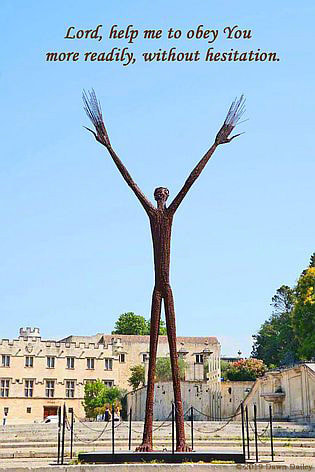
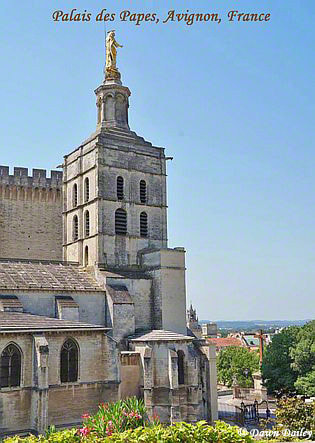
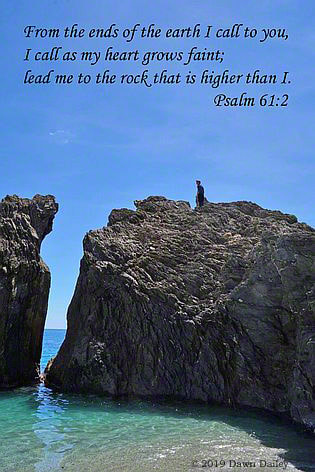

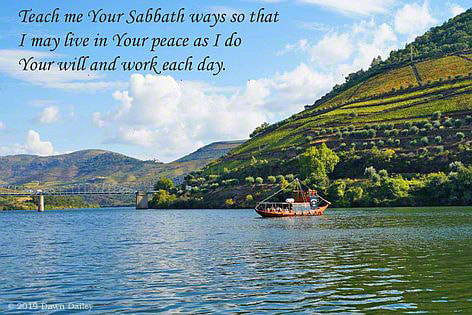
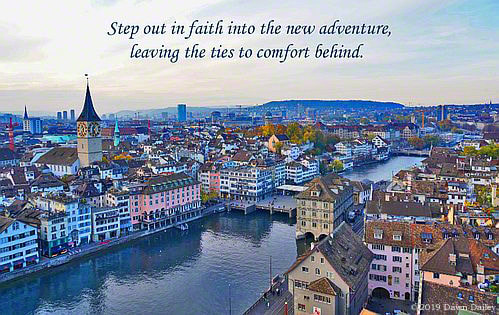

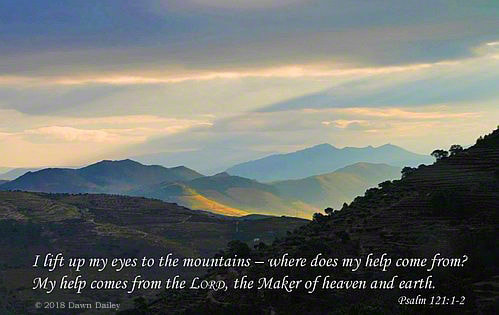
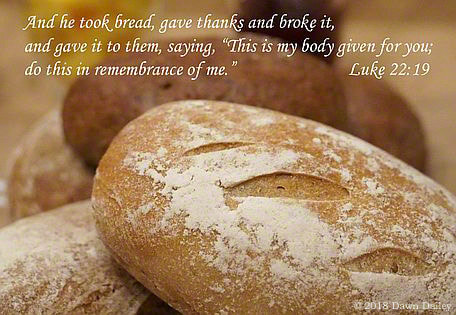
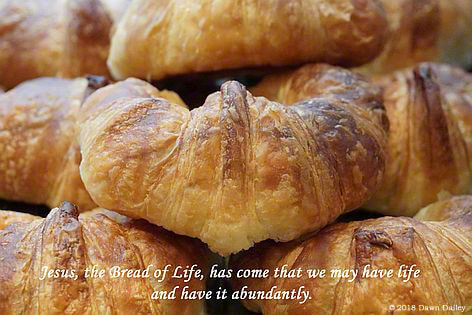
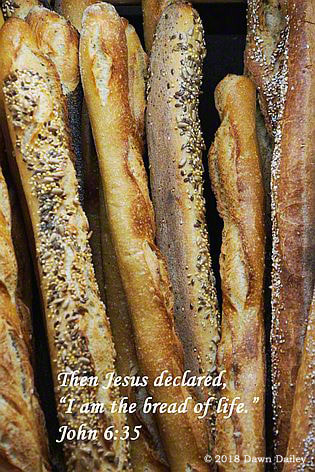
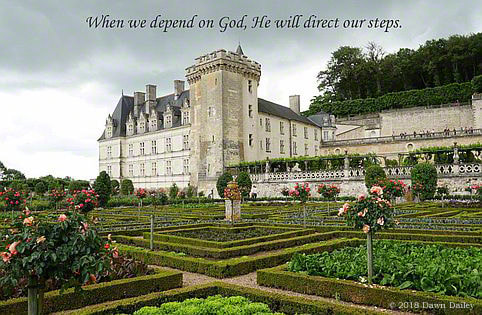
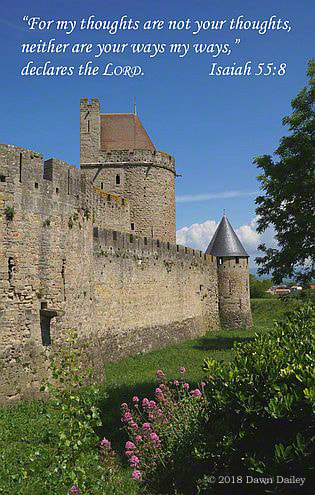
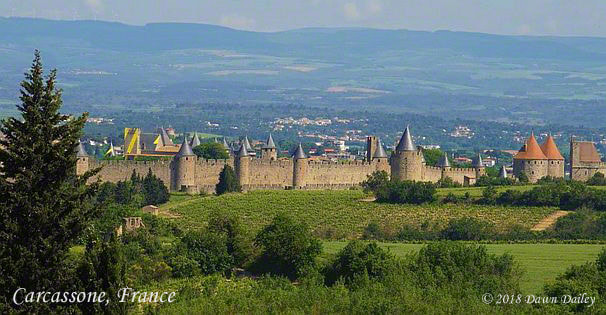
 RSS Feed
RSS Feed